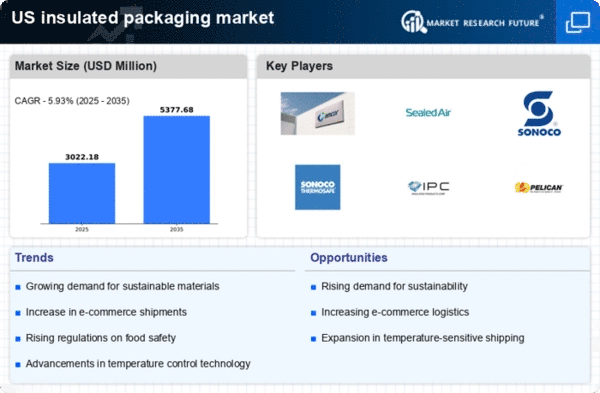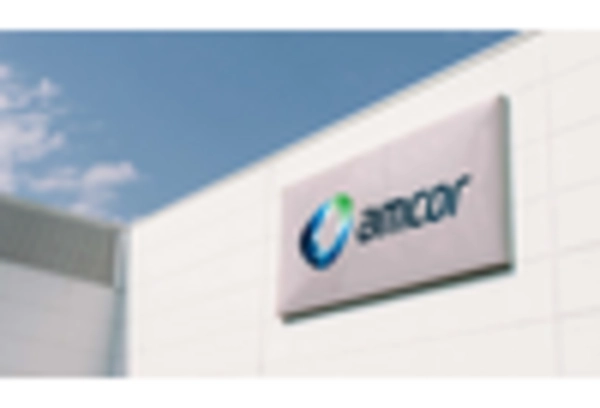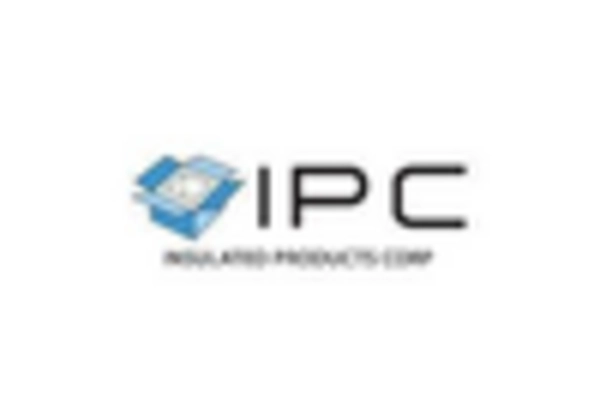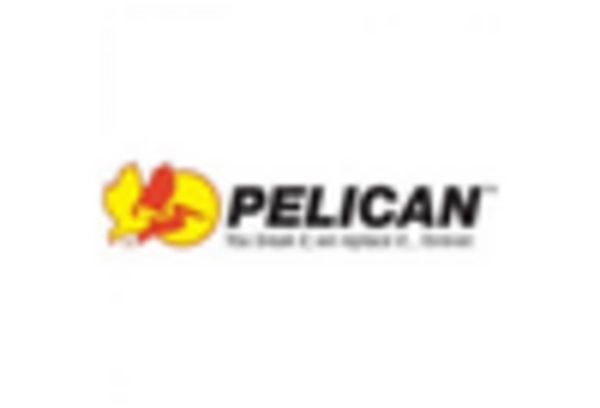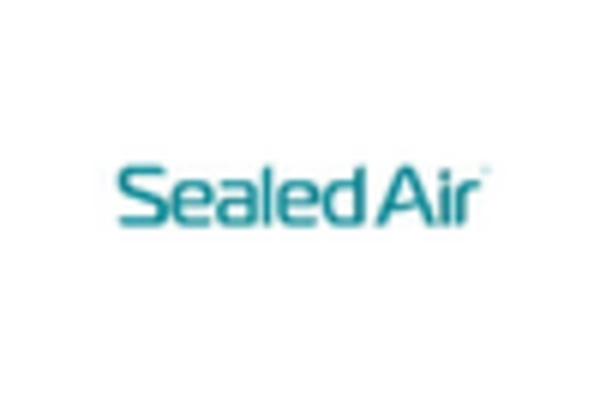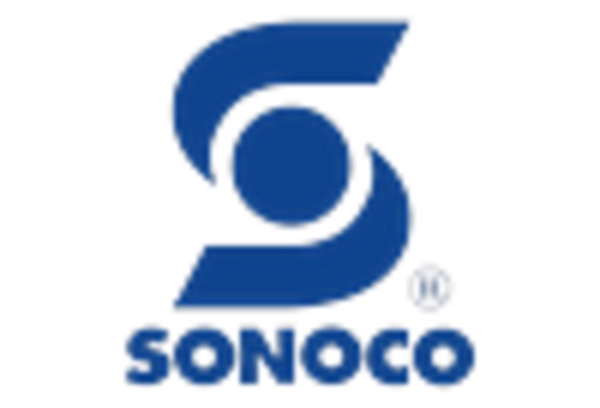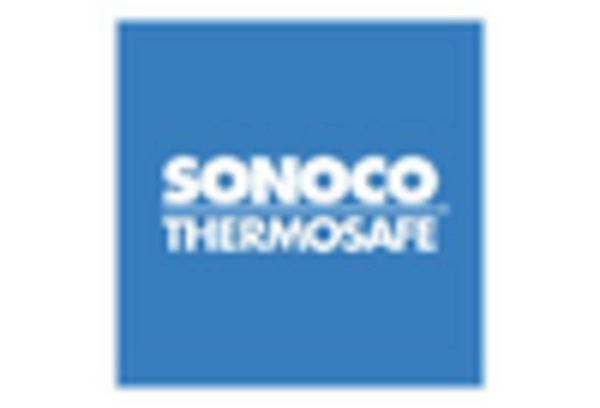Growth of Online Grocery Shopping
The insulated packaging market is poised for growth due to the rapid expansion of online grocery shopping. As more consumers opt for home delivery services, the demand for effective insulated packaging solutions becomes paramount. According to recent data, online grocery sales in the US are expected to reach $100 billion by 2025, creating a substantial market for insulated packaging. This shift in consumer behavior necessitates packaging that can maintain the quality and safety of perishable items during transit. Consequently, companies are investing in innovative insulated packaging technologies to cater to this burgeoning market. The ability to deliver fresh produce, dairy, and frozen goods directly to consumers' doorsteps relies heavily on the effectiveness of insulated packaging, thereby driving growth in this sector.
Increased Focus on Sustainable Practices
The insulated packaging market is increasingly shaped by a heightened focus on sustainable practices. As environmental concerns gain traction, companies are seeking eco-friendly packaging solutions that minimize waste and reduce carbon footprints. This shift is evident in the growing demand for biodegradable and recyclable materials within the insulated packaging market. For instance, a recent survey indicates that 70% of consumers prefer brands that prioritize sustainability in their packaging choices. This consumer preference is prompting manufacturers to innovate and develop sustainable insulated packaging options that align with these values. As businesses strive to enhance their corporate social responsibility, the insulated packaging market is likely to witness a transformation towards more sustainable practices, ultimately benefiting both the environment and the industry.
Regulatory Compliance and Safety Standards
The insulated packaging market is significantly influenced by stringent regulatory compliance and safety standards imposed by various governing bodies. In the US, regulations concerning the transportation of pharmaceuticals and perishable goods necessitate the use of high-quality insulated packaging to ensure product safety and efficacy. For example, the FDA mandates specific temperature ranges for the storage and transport of certain medications, which directly impacts packaging requirements. As a result, companies are increasingly focused on developing insulated packaging solutions that not only comply with these regulations but also enhance product safety. This compliance-driven approach is likely to foster innovation and investment in the insulated packaging market, as businesses strive to meet both legal obligations and consumer expectations for safety and quality.
Rising Demand for Temperature-Sensitive Products
The insulated packaging market experiences a notable surge in demand due to the increasing prevalence of temperature-sensitive products. Industries such as pharmaceuticals and food and beverage are particularly affected, as they require reliable temperature control during transportation. For instance, the pharmaceutical sector is projected to reach $500 billion by 2025, necessitating advanced insulated packaging solutions to maintain product integrity. This trend indicates a growing need for packaging that can effectively manage temperature fluctuations, thereby driving innovation within the insulated packaging market. As consumers become more health-conscious, the demand for fresh and organic food products also rises, further amplifying the need for effective insulated packaging solutions. Consequently, manufacturers are compelled to invest in advanced materials and technologies to meet these evolving requirements.
Technological Innovations in Packaging Solutions
The insulated packaging market is significantly impacted by ongoing technological innovations that enhance packaging efficiency and performance. Advancements in materials science have led to the development of new insulation materials that offer superior thermal protection while being lightweight and cost-effective. For example, the introduction of phase change materials (PCMs) has revolutionized temperature control in insulated packaging, allowing for more precise temperature management. This technological evolution is crucial for industries such as pharmaceuticals and food, where maintaining specific temperature ranges is essential. As companies continue to invest in research and development, the insulated packaging market is likely to benefit from these innovations, resulting in improved product quality and customer satisfaction.


